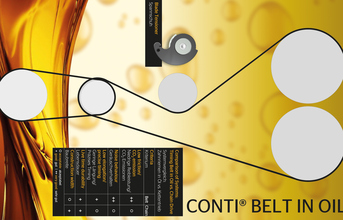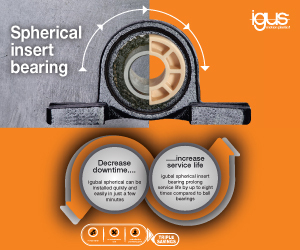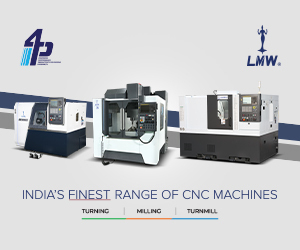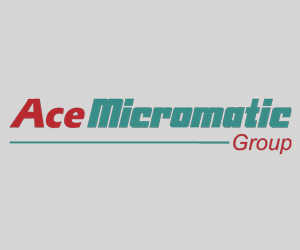
The advantage of the timing belt in oil is that it has a narrower construction than the dry-running version and is even quieter
The aim is to reduce belts for the camshaft drive in the next generation of engines from today's 16 - 20 mm width to 14, 12 or even 10 mm. Belts for oil pump drives currently measure just 9 mm - and so are as narrow as a chain.
Yet when it comes to the issue of reducing weight, it is not enough to consider the belt alone. Tensioners, idlers, and toothed pulleys are critical too. This is why developers at the joint venture company ContiTech-INA are already working on drives that can make do with simpler, and therefore lighter, tensioning systems.
Or even none at all. In this way more grams can be saved and the CO2 emissions ultimately reduced even further. Vehicle manufacturers are backing this trend with their development commissions and in so doing reveal their confidence in ContiTech's many years of experience in the field of drives.
The many advantages offered by modern timing belts, including their long service life, reduced friction and reduced noise, will again expand the market share of timing belts.
Experts estimate that it will include at least two thirds of European vehicles in 2015 and over 70 per cent in 2017. The share of belts running in oil will more than double from today's 8 per cent to over 20 per cent . A development that will benefit the environment and motorist alike.
Continental develops intelligent technologies for transporting people and their goods. As a reliable partner, the international automotive supplier, tire manufacturer, and industrial partner provides sustainable, safe, comfortable, individual, and affordable solutions.
In 2014, the corporation generated sales of approximately €34.5 billion with its five divisions, Chassis & Safety, Interior, Powertrain, Tires, and ContiTech. Continental currently employs approximately 200,000 people in 53 countries.
The ContiTech division is one of the world's leading suppliers of technical elastomer products and is a specialist in plastics technology. It develops and produces functional parts, components, and systems for machine and plant engineering, mining, the automotive industry, and other important industries.
End



































